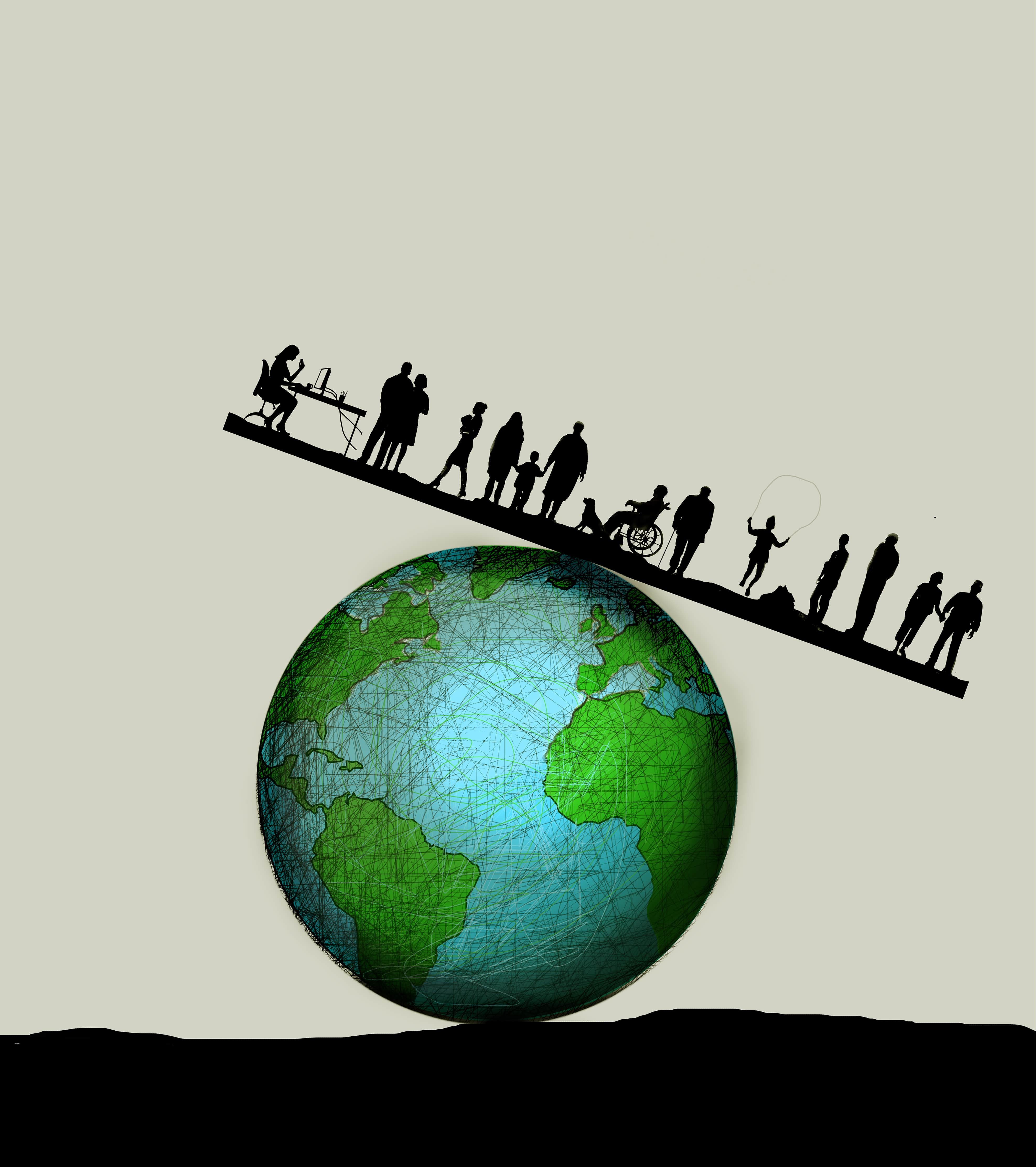Businesses are facing an era of geopolitical instability. The US, EU, China and Russia are growing further apart and the consequent fault lines are giving rise to more frequent geopolitical events. Diverging Covid-19 mitigation policies, increasing economic protectionism between superpowers, and the rise of authoritarianism are disrupting operations, complicating international trade and undermining business confidence, respectively.[1],[2],[3],[4]
Instability is also stirring distinct social and regulatory pressures on businesses. Issues of corporate social responsibility are increasingly embroiled with geopolitics, as consumers, capital actors and regulators are pressuring businesses to be more transparent and accountable for their activities in foreign markets—as well as those of their suppliers, partners, consumers and political and financial associations.[5] Consequently, businesses are increasingly navigating administrative, logistical and brand reputation risks.
Economist Impact’s Business in an era of heightened geopolitical instability, supported by Norsk Hydro, investigates the impact this shifting geopolitical landscape is having on business dynamics. The research explores which events were most relevant to businesses, what the impacts were on business performance and whether they have changed business strategies and decision-making processes as a result. This briefing paper presents the findings of the study.
Geopolitical instability is creating major short-term disruptions.
- Rapidly inflating input prices are creating cost issues for businesses. Rising costs are weighing on profits, disrupting output and reducing export competitiveness in the worst affected areas (e.g. Europe).
- Reduced labour flows are forcing businesses to spend more on their workforce or decrease output. The difficulty in finding labour is forcing employers to either spend more on their workforce or reduce their output.
- Disruptions are leading businesses—especially those in the US and China—to invest in supply-chain reorganisation. Reorganising upstream and downstream components within supply chains often increases both opportunity and financial costs.
Social and regulatory drivers in the US, Europe and emerging Asia are putting pressure on businesses to be more responsible and sustainable.
- In the US, consumer demand for corporate responsibility appears to have a particularly strong impact on business performance. For some businesses, demonstrating corporate responsibility has a direct impact on consumer demand, but also an indirect impact on the criteria for access to finance and capital.[6]
- A comparatively large portion of business respondents in China also report increasing consumer pressure for corporate responsibility. The geopolitical differences within countries are influencing the extent to which firms are prioritising the varied pressure to be more transparent and accountable.[7]
- Tightening climate-related regulations are a key concern for businesses in the next two years; the extent to which it is seen as a priority compared with other priorities differs by country. The results vary between regions, however, suggesting that geopolitical factors are influencing the respective business environments.
Geopolitical pressures are bringing changes to business strategy, but other factors are also at play.
- Businesses are reacting to geopolitical instability, but economic costs are also influencing decision-making processes. Increasingly businesses are forced to weigh the geopolitical risk in a market, like China, against the financial and opportunity costs of moving away from it.
- The gradual reorganisation of supply chains predominantly involves fortification, rather than regionalisation.[8],[9],[10] The complexity of supply chains makes them difficult to reorganise quickly and deep dependencies on cost efficiencies in regions like Asia will make regionalisation prohibitively expensive.[11]
- Despite rising pressure for corporate responsibility, profit remains the prevailing driver of strategy for many firms. Businesses with tight margins and expectant shareholders will temper their response to the increasing demand for corporate responsibility to maintain some focus on their legacy business priorities of scale and profitability—until, of course, any negative impact on consumer demand begins to have a direct impact on their earnings.
The key findings of this research will be presented at the Real Business event on December 8th, run by Nobel Peace Centre and Hydro. Register for the digital event.
[1] https://www.ft.com/content/9318db50-e0c3-4a27-9230-55ff59bcc46e
[2] https://www.piie.com/publications/working-papers/public-responses-foreign-protectionism-evidence-us-china-trade-war
[3] https://time.com/6048539/china-tech-giants-regulations/
[4] https://www.theatlantic.com/magazine/archive/2022/12/china-takeover-taiwan-xi-tsai-ing-wen/671895/
[5] https://www.forbes.com/sites/mikekappel/2019/04/03/transparency-in-business-5-ways-to-build-trust/?sh=5df3dec61490
[6] https://www.business-humanrights.org/en/latest-news/usa-fashion-industry-explores-supply-chain-digitalisation-as-uyghur-forced-labour-ban-comes-into-force/
[7] https://www.forbes.com/sites/mikekappel/2019/04/03/transparency-in-business-5-ways-to-build-trust/?sh=5df3dec61490
[8] https://www.dpworld.com/insights/whitepapers/trade-in-transition
[9] https://www.bloomberg.com/news/newsletters/2022-10-03/supply-chain-latest-friend-shoring-data-are-hard-to-come-by
[10] https://www.dpworld.com/insights/whitepapers/trade-in-transition
[11] https://www.bloomberg.com/news/newsletters/2022-10-03/supply-chain-latest-friend-shoring-data-are-hard-to-come-by





